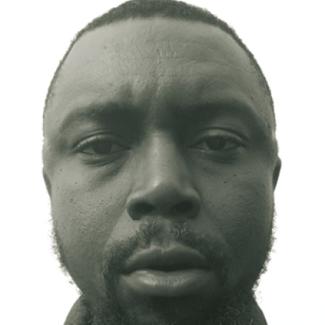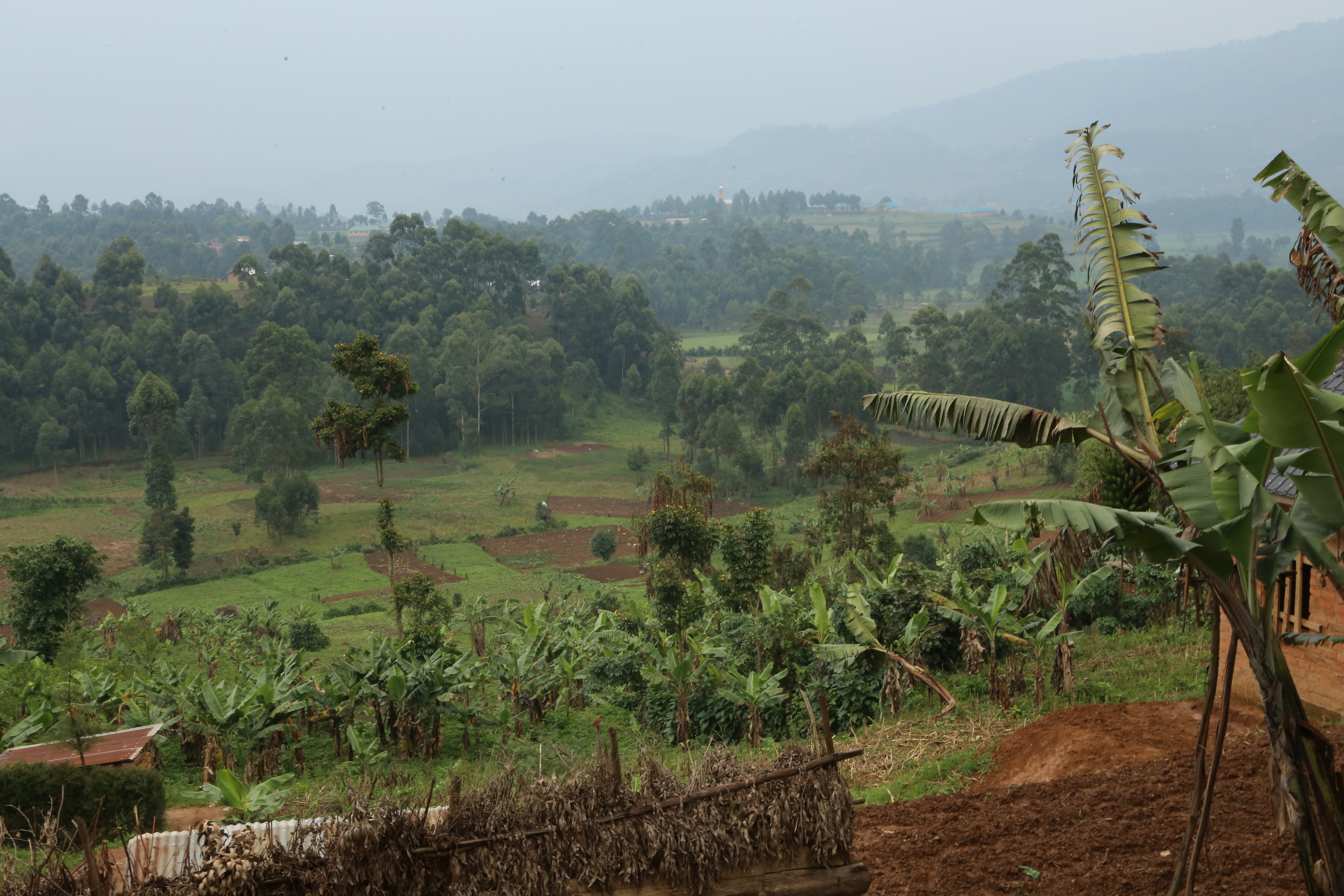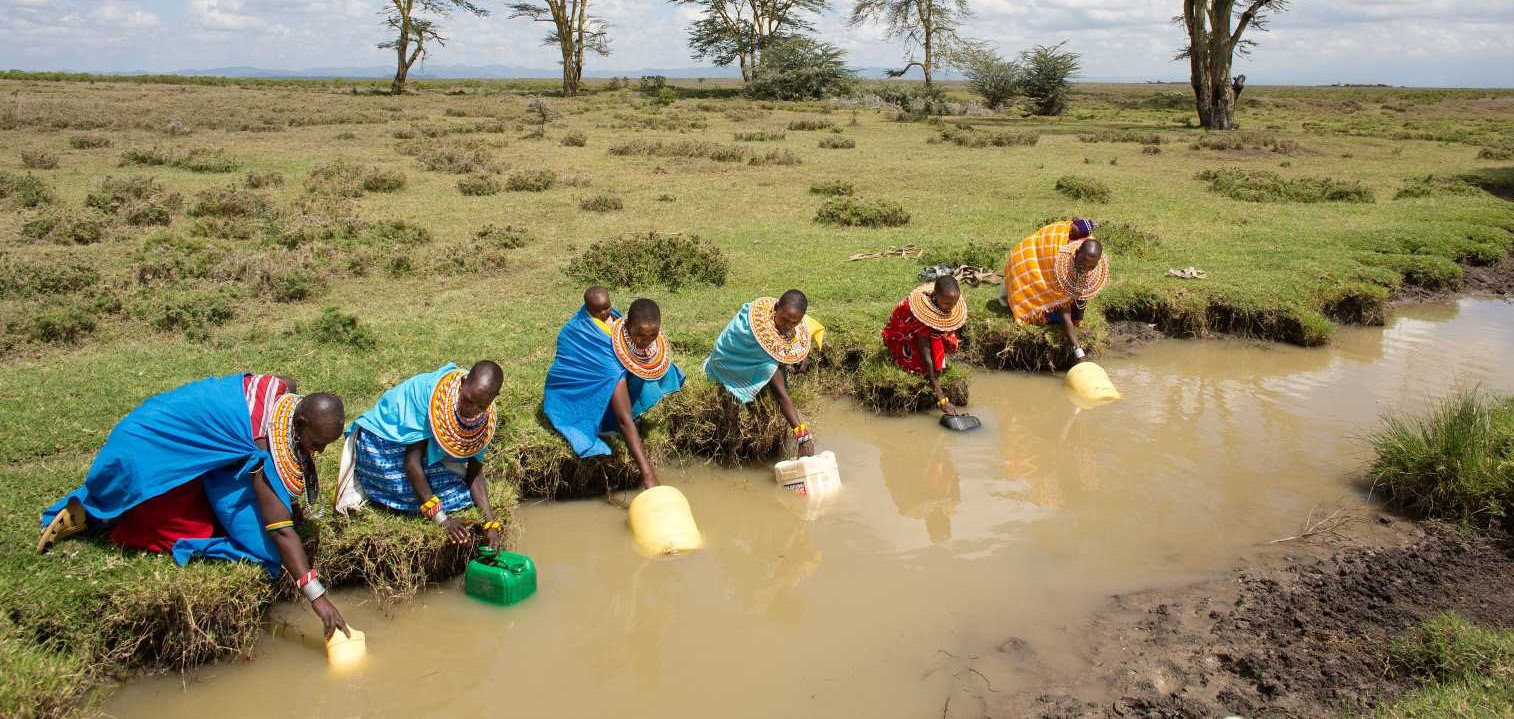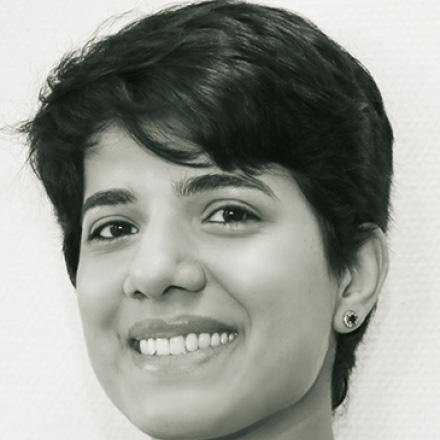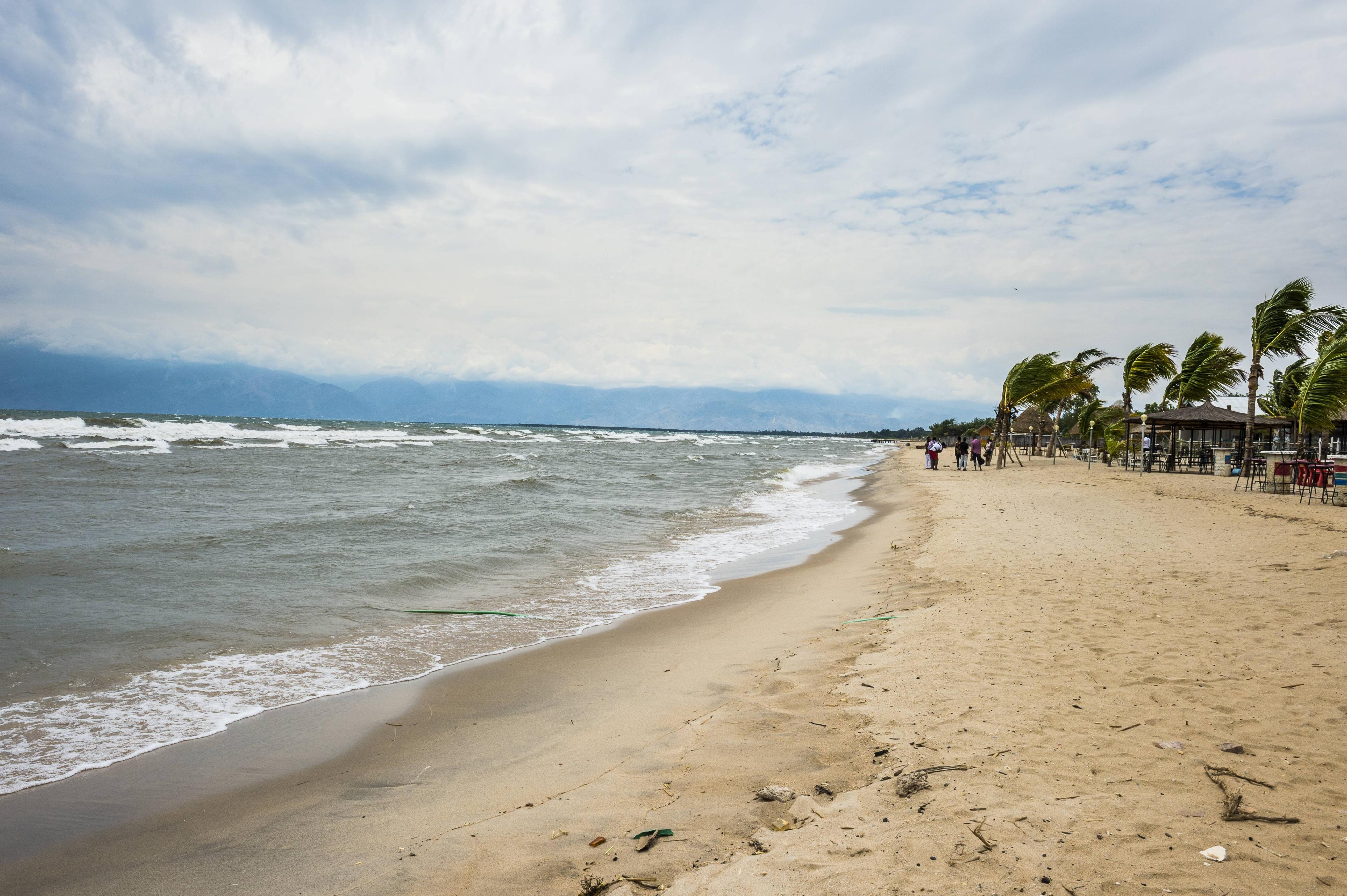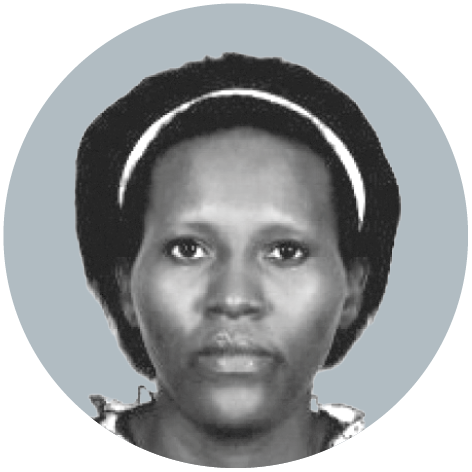Personal prospects
Many Nigerians seek greener pastures abroad
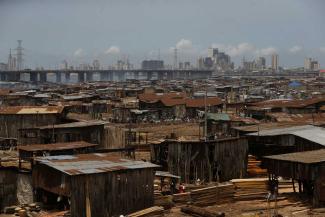
Today, sub-Saharan Africa is the world region most affected by extreme poverty. Extreme poverty means that persons cannot meet their immediate needs. In 2015, half of the world’s 736 million extremely poor people lived in (in descending order) India, Nigeria, the DR Congo, Ethiopia and Bangladesh, according to the World Bank. While the poverty rates were falling fast in South Asia, they were hardly changing in Africa. Nigeria actually had a greater number of poor than India for a few years, but that has changed again due to India’s disastrous Covid-19 slump.
The World Bank considers poor anyone with less than a purchasing power of $ 1.90 a day. In 2019, a staggering 83 million Nigerians – 40 % of the total population – were in this category, as the National Bureau of Statistics (NBS) stated in its Poverty and Inequality in Nigeria report. The share of the poor used to be much smaller. At independence in 1960, only 15 % were considered poor according to then valid, similar criteria.
Nigeria’s oil and gas revenues amounted to nearly $ 300 billion from 1999 to 2011, the World Bank has reported. On the other hand, the population is growing fast and is expected to almost double from currently 211 million to 401 million by the end of 2050. Masses of people feel angry and deprived – and their number is set to grow.
Successive presidents launched initiatives to lift people from poverty. The results were meagre. Unfortunately, that was true of:
- the Poverty Alleviation Programme started by Sani Abacha, the military dictator in 1996,
- the National Poverty Eradication Programme his democratically elected successor Olusegun Obasanjo adopted shortly after taking office in 1999 and
- Goodluck Jonathan’s Transformation Agenda.
It remains to be seen whether the National Council on Poverty Reduction will fare better. President Muhammadu Buhari established it in February last year.
Most people feel that government action still tends to be unserious, corrupt and negligent. Political unrest in various regions is compounding problems. Nigeria is a land of paradox. In the first decade of this millennium, the economy grew by an average of seven percent per year. Nonetheless, the number of people living below the poverty line increased from 69 million in 2004 to 112 million in 2010. In the same period, the number of billionaires increased by 44 %. In 2016, according to Oxfam, the total wealth of the five richest Nigerians was not quite $ 30 billion – while $ 24 billion would have sufficed to eradicate poverty among those Nigerians who lived on less than $ 1.90 per day and head.
Buhari’s declared aspiration is to lift at least 100 million Nigerians out of poverty by 2030. However, the Covid-19 pandemic triggered the second recession in only four years. The economy shrank 1.9 % last year, according to Bloomberg, and economic growth has lagged behind population growth every year since 2015. Per-capita income has therefore been in decline.
While many poor rural people move to the cities in the hope of better livelihoods, masses of Nigerians – especially from the country’s middle class – seek greener pastures abroad. A 2017 poll by Afrobarometer showed that one in three Nigerians have considered emigrating to other countries. They said that they hoped to find work (35 %), to escape economic hardship/poverty (31 %) and to pursue better business prospects (10 %).
Increasingly, people are so desperate to emigrate that they are prepared to break laws. The number of Nigerians suspected of overstaying visas in the USA more than quadrupled from 2015 to last year, according to the US Department of Homeland Security, with the rate of Nigerian students concerned soaring from four percent to 22 %, for example. The US administration has begun to hand out visas more restrictively.
The EU has warned Nigeria’s government that it could do so too, if Nigeria does not cooperate on readmitting nationals deported from EU member countries. In 2019, Nigeria had more pending asylum claims (10,782) than India (10,354). Nigerians, moreover, had made a stunning 37 % of all African asylum applications in the EU.
Ben Ezeamalu is a senior reporter who works for Premium Times in Lagos.
ben.ezeamalu@gmail.com
Twitter: @callmebenfigo
